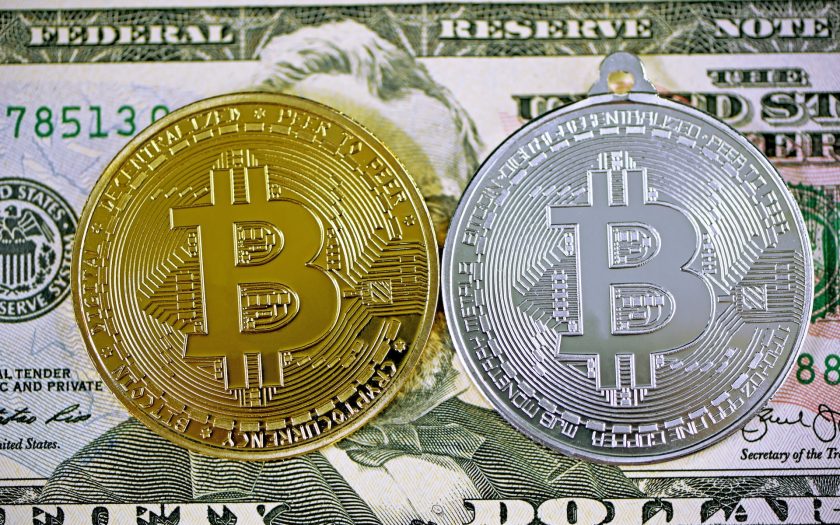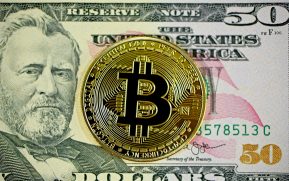
The seemingly limitless innovations that are springing out of information technology have created enormous opportunities for all kinds of predatory behavior uninhibited by social regulation. Cryptocurrencies are one of the leading contestants in this competition. Crypto is a Ponzi scheme. It’s the IT version of what Bernie Madoff did in a mutual fund fraud in New York City in the 1980s and ‘90s, which was the greatest Ponzi scheme of all time − until now.
Crypto coin platforms take in money when people buy the virtual “coins,” and if enough people keep buying them, the value of the coin goes up. In the simple crypto cases, the money just sits there, it’s not invested in any activities that generate income or profit, and people can sell their coins at a profit only if more and more people are still buying the coins.
If lots of people are buying, the coin value goes up dramatically, and the people that cash-out while that’s happening make a bundle. But if new buying starts to fall off − partly because the bit-coin gamers know the game is approaching its tipping point − then eventually the cash reserves and coin values fall to the point where people cashing out get less than they have put in. At that point, everyone else panics and cashes out at as fast as possible (it’s not that easy to sell crypto coins fast) and a lot of coin holders get hit hard; eventually coins crash into bankruptcy.
Some banks figured this all out (they were a little slow and careful) and got into it. The problem for everyone else in the game is that the banks have the IT resources to predict when the tide is about to turn and to quickly launch their coin transaction systems to get out fast. So unless you think you can compete well with the gamers and Wall Street IT, stay away from crypto (not to mention having an aversion to stealing from your peers).
A newer wrinkle in crypto came with the crypto “exchanges.” The crypto bosses said “let’s invest our pile of cash,” now acting like a mutual fund but under no regulations to protect investors (like those coming out of the Great Depression). The special problem with exchanges is that, when the coin value starts to tank, there’s a strong incentive to make risky investments with the coin-holders’ money to save the ship, which of course usually ends badly − how can they compete in the stock market with the fake gains of crypto, that’s why people are in there.
Difficult times are hard enough on the economic prospects for most working people. Crypto is a shiny new gimmick that makes things far worse. It’s the people being sucked into a scam that promises benefits by stealing from… the people. Aren’t digital free markets wonderful? That’s how civilizations die.
It’s interesting and dismaying that the talking heads have not called out the Ponzi-cryptos for what they are. Economist Paul Krugman of the New York Times came close on the editorial page several months ago (July 12, 2022) but couldn’t quite say “Ponzi” out loud.
Robert Park lives in Anderson Township.
 How To Make Huge Profits In A Short Time With Crypto
How To Make Huge Profits In A Short Time With CryptoGet detailed training system that shows an absolute beginner (without any skill) how to make huge profits in a short time with crypto.
 Crypto + NFT Quick Start Course
Crypto + NFT Quick Start CourseThe #1 course for profit in the Crypto & NFT world - You will discover the secrets that 99% of people don’t know yet





